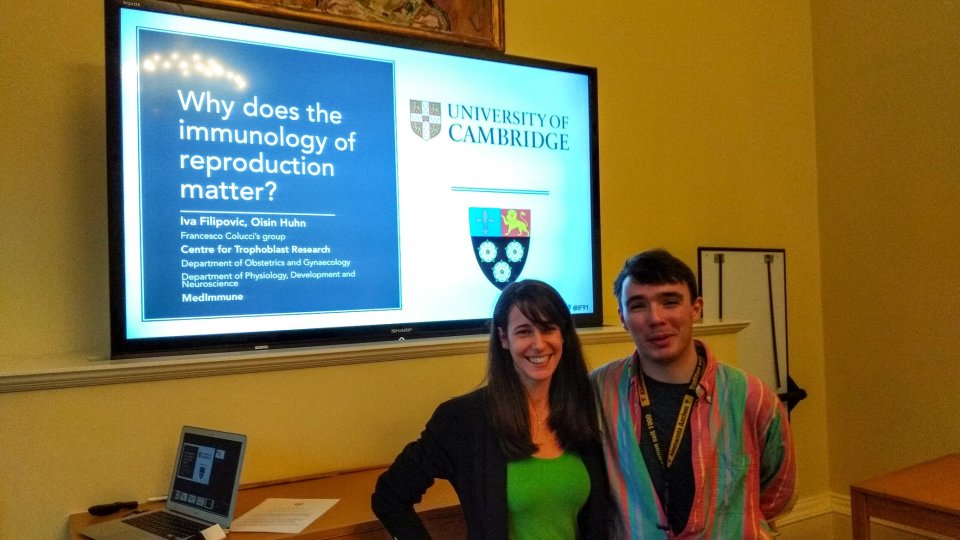
Professor Ashley Moffett has been awarded Karolinska Institutet’s honorary doctorate for a lifetime of research that has made groundbreaking discoveries concerning the biological mechanisms behind serious conditions associated with pregnancy - including preeclampsia, intrauterine growth restriction (IUGR) and unexplained fetal death, which together affect up 10 per cent of all pregnancies.
Professor Moffet’s research has found that these diseases originate from critical interactions between natural killer (NK) cells in the decidua (the part of the uterus where the embryo is implanted) and the cells that form the placenta (trophoblasts), which derive from the fetus.
Internationally, she has been recognised for her work in developing countries, such as Uganda, where she has helped to develop national programmes for research, education and information in the field of maternal healthcare.
On being awarded the honorary doctorate, Professor Moffett said:
I am delighted to receive this award from the Karolinska Institutet. The Karolinska was where Natural Killer (NK) cells, a type of immune cell, were first discovered. With [Professor] Charlie Loke I found that a special type of NK cell in the uterus is important in the regulation of early pregnancy.
The award of an Honorary Doctorate is a great honour but it is also a tribute to the Centre for Trophoblast Research founded by Charlie Loke where so much progress has been made in understanding early pregnancy and the interaction between the mother and her developing fetus.
Read about Professor Moffett’s recent work here.
**
Karolinska Institutet (KI) confers honorary doctorates upon academics who have made vital scientific achievements or significant contributions to KI, or to individuals who have not achieved a doctoral degree formally but who have otherwise been instrumental in the advancement of research and development. Since the first appointments in 1910, 325 honorary doctorates have been awarded at Karolinska Institutet.







